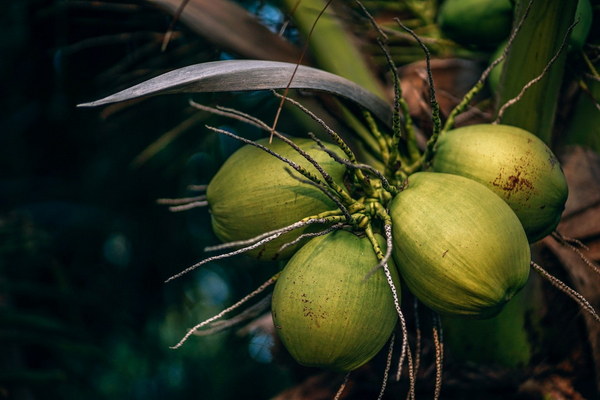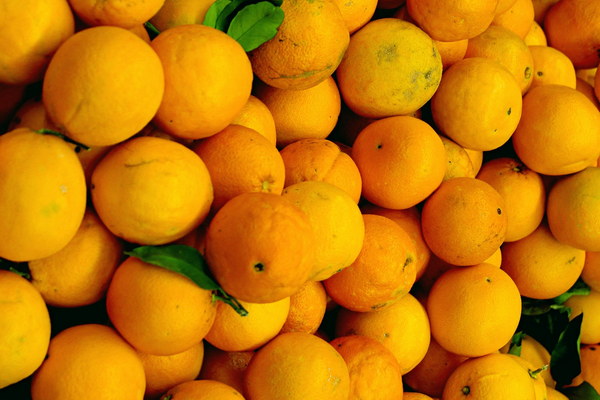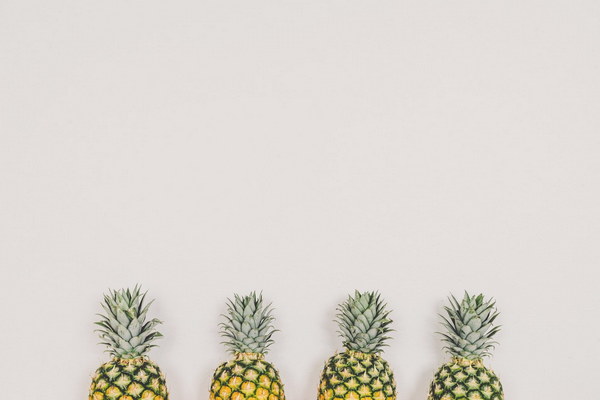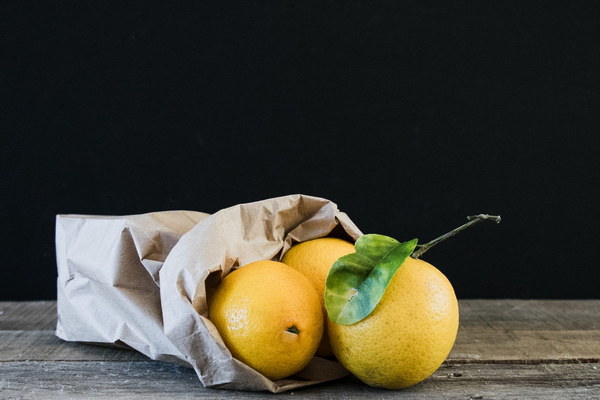Does Hookah Smoking Really Cleanse the Lungs
Hookah, also known as narghile or shisha, has been a popular form of smoking for centuries. Despite its widespread popularity, there is still a lot of debate about its health effects, particularly whether it can help cleanse the lungs. This article aims to explore the topic of whether hookah smoking can indeed clean the lungs or if it poses a significant risk to respiratory health.
Hookah smoking involves inhaling the smoke produced by burning flavored tobacco or molasses in a hookah pipe. Proponents of hookah smoking claim that it can have beneficial effects on the lungs, mainly due to the following reasons:
1. Cooler smoke: Hookah smoke is typically much cooler than the smoke from a cigarette. This is because the tobacco is heated by a coal rather than a flame, which results in smoke that is not as hot as that produced by smoking cigarettes. They argue that this cooler smoke may not damage the lungs as much as hot cigarette smoke.
2. Slow inhalation: Hookah smoking often involves taking longer, slower puffs than smoking cigarettes. This slower inhalation may result in less airway irritation and a lower risk of acute respiratory symptoms.
3. Flavored tobacco: Many hookah enthusiasts believe that flavored tobacco is less harmful than regular tobacco since it contains fewer harmful chemicals. However, this claim is not supported by scientific evidence, as flavored tobacco still contains nicotine and other harmful substances.
While these arguments may seem convincing, the truth is that hookah smoking is far from being a safe alternative to cigarette smoking. Here's why:
1. Harmful chemicals: Hookah smoke contains many of the same harmful chemicals found in cigarette smoke, such as carbon monoxide, hydrogen cyanide, and ammonia. These chemicals can cause significant damage to the lungs and increase the risk of developing respiratory diseases.
2. High nicotine exposure: Hookah smoking can lead to higher nicotine exposure than smoking cigarettes. This is because hookah sessions often last longer, and the user inhales the smoke for a longer duration. The longer duration of exposure to nicotine can increase the risk of addiction and lung damage.
3. Secondhand smoke: Hookah smoking can be a significant source of secondhand smoke, which is harmful to both the user and those around them. Secondhand smoke contains many of the same harmful chemicals as the smoke inhaled by the hookah user, and it can lead to respiratory problems in non-smokers.

4. Lack of regulation: Hookah bars are often less regulated than cigarette smoking establishments, which means that there may be a higher risk of exposure to contaminated hookah water and unfiltered tobacco.
In conclusion, there is no scientific evidence to support the claim that hookah smoking can clean the lungs. On the contrary, hookah smoking is associated with many of the same health risks as cigarette smoking, including an increased risk of lung cancer, heart disease, and other respiratory problems. It is important for individuals to be aware of the potential risks associated with hookah smoking and to consider safer alternatives to improve their respiratory health.









